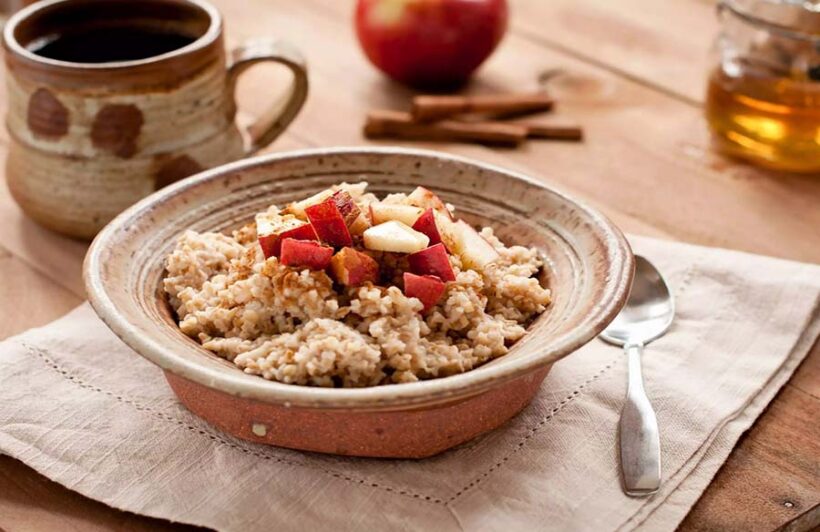Jen, a 47-year-old fitness enthusiast, is striving to shed a few pounds while simultaneously building muscle. Engaged in a rigorous exercise routine comprising running, pilates, high-intensity interval training, and PiYo, Jen also practices intermittent fasting during weekdays, limiting her eating window to 12 p.m. to 8 p.m. Seeking guidance on her dietary and exercise habits, Jen turned to Insider’s Nutrition Clinic, where registered dietitians provide personalized advice.

Reevaluating Exercise Frequency and Intermittent Fasting
Upon reviewing Jen’s routine, registered dietitian Alix Turoff expressed concern about potential overexertion and the necessity of intermittent fasting for weight loss. Turoff recommended incorporating a weekly rest day to prevent burnout and questioned the utility of fasting if Jen desires an earlier eating window. Intermittent fasting’s suitability for Jen’s lifestyle was scrutinized, emphasizing flexibility over rigidity in dietary practices.
Enhancing Carbohydrate Intake for Sustained Energy
Jen’s dietary intake primarily revolves around a carbohydrate-rich breakfast, with limited carb consumption later in the day. Turoff suggested distributing carbohydrate intake more evenly throughout the day to sustain energy levels, especially considering Jen’s extensive workout regimen. Incorporating additional sources of carbohydrates into meals and snacks can optimize performance and prevent energy depletion.

Prioritizing Whole-Food Protein Sources
While Jen relies on protein and collagen powders post-workout, Turoff recommended diversifying protein sources with whole foods for improved satiety. Chewing whole-food proteins enhances satiation compared to liquid supplements, potentially reducing overall calorie consumption. Transitioning to whole-food protein sources aligns with Jen’s fitness goals and promotes dietary variety and nutrient adequacy.
Mitigating Weekday Restriction to Prevent Weekend Overeating
Jen’s practice of indulging once a week following weekday dietary restraint prompted Turoff to caution against this pattern. Weekend overeating following strict weekday limitations can disrupt weight management efforts and hinder fitness progress. Striving for a balanced approach to nutrition throughout the week fosters a healthier relationship with food and supports sustainable lifestyle changes.
In summary, Jen’s journey highlights the importance of tailoring dietary and exercise practices to individual needs and goals. Emphasizing flexibility, adequate nutrient intake, and balanced moderation can optimize fitness outcomes and enhance overall well-being.












